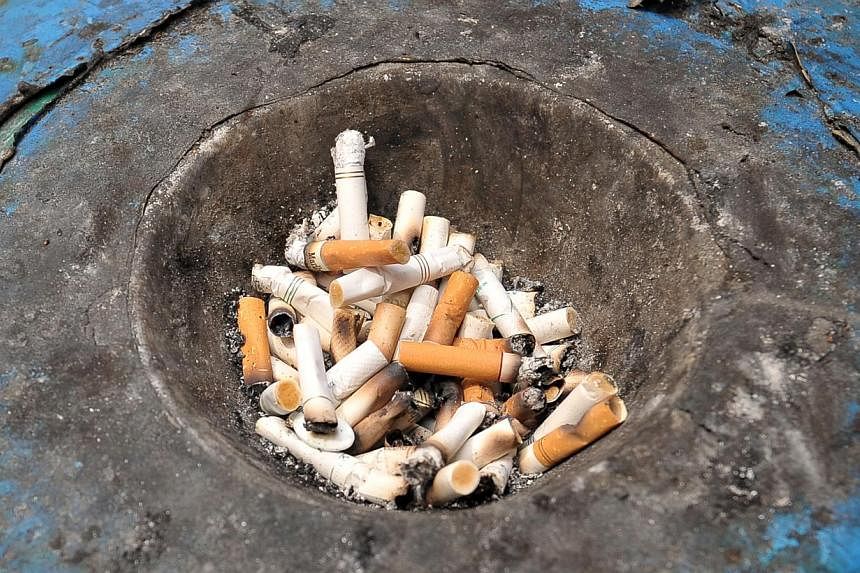Singapore's forty-year war on tobacco has led to one of the lowest adult smoking rates in the world (13.3% ). Yet, there is no sign of tobacco-control efforts letting up in Singapore. The Health Promotion Board continues to roll out public education encouraging smoke-free living. The government's tobacco taxes have increased, shisha and point-of-sale displays have been banned, and measures have been implemented to tackle emerging tobacco products.
One might perhaps now ask - can Singapore afford to lighten up on lighting up? Why is increased vigilance needed when smoking rates are relatively low?
The reality is that tobacco use continues to have a wide-ranging negative impact on society, and the case for prevention and cessation efforts remains urgent.
First, to put things in perspective: a 2002 study found that annual smoking-related direct and indirect costs for Singapore could be as high as S$839 million . Between 1986 and 2006, tobacco control programmes successfully prevented more than 14,000 cases of lung cancer and 5,000 cases of chronic obstructive pulmonary disease. These gains led to total estimated healthcare savings of about S$56 million - a considerable amount, but still only a minor fraction of the total social cost.
Second, tobacco products are constantly evolving. New alternatives that are less well-regulated, such as e-cigarettes, are rapidly becoming popular, especially among the young. As new tobacco products emerge, policy responses have to therefore also constantly adapt.
Finally, while approaches that severely restrict individual smokers' lifestyle choices can be controversial, smokers themselves shoulder only part of the total burden of smoking, which also includes negative health effects from second-hand smoke as well as other indirect financial and environmental costs:
Smoking harms families' health. Babies and children are most vulnerable to second-hand smoke; over the longer term, children of smokers are more likely to be future smokers.
Smoking empties household pockets. The typical regular smoker spends about $2,000 a year on cigarettes. Over 40 or more years, this translates to $80,000 literally going up in smoke, which could otherwise be wisely invested to finance schooling, housing payments or retirement.
Smoking is a drag on employers. Due to poorer general health and smoking breaks, smokers tend to miss more work and be less productive on the job.
What's next for tobacco control?
Tobacco control measures are proven, cost-effective tools for health promotion , ranking among the World Health Organization's recommended "best-buy" interventions. Later this year, the MOH will conduct a public consultation on standardised packaging of tobacco products - a move worth considering in Singapore. This approach has yielded results. In Australia, tobacco use and expenditures have fallen significantly since standardised packaging was introduced in 2012.
To ultimately succeed and be sustainable, tobacco control cannot be viewed only as the government's responsibility. Two-thirds of Singaporeans work, making the workplace a natural setting for employer-led cessation programs. At home, family and friends can help smokers quit or better yet, strongly influence young people's decisions to refrain from starting at all. Just as smoking is a problem that affects us all, we all have a role to play in becoming part of the solution.
The writer is an associate professor at the Saw Swee Hock School of Public Health, National University of Singapore.

